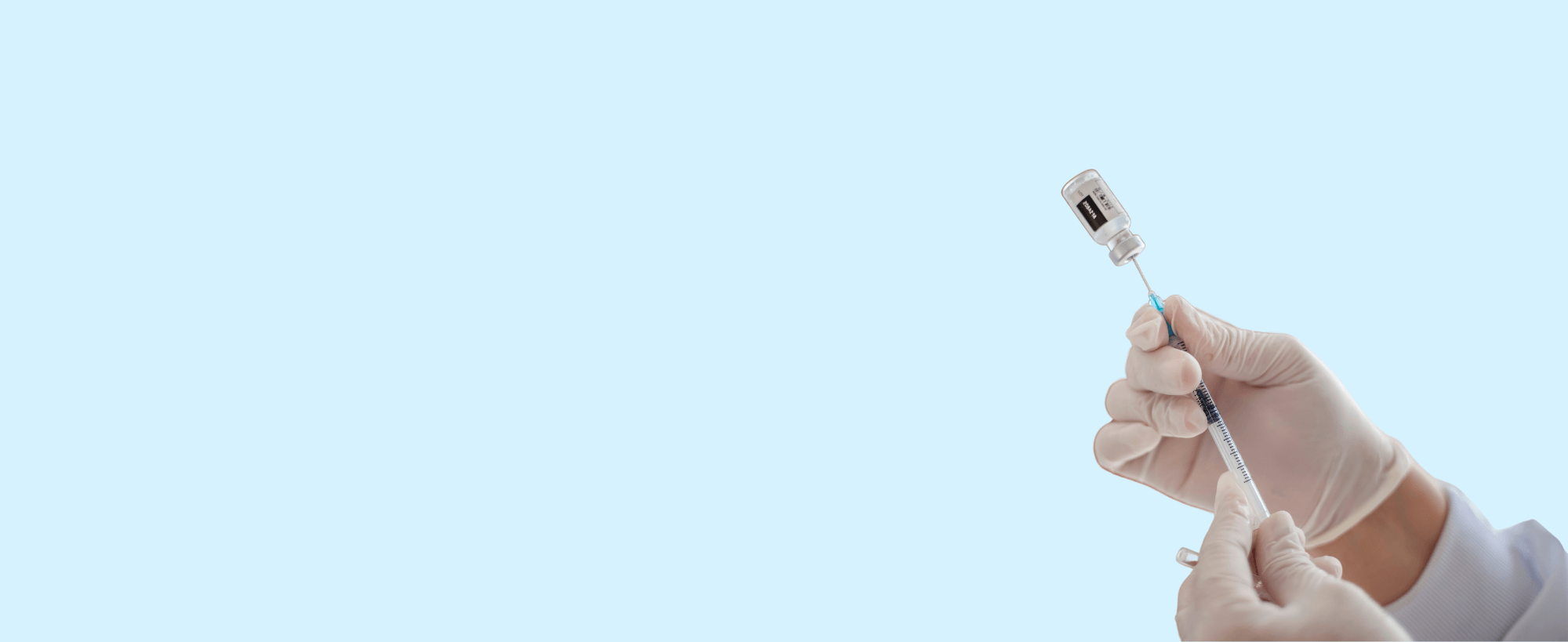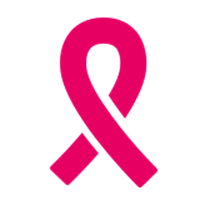
Vaccinations
Vaccines reduce risks of getting a disease by working with your body’s natural defences to build protection. When you get a vaccine, your immune system responds.
We now have vaccines to prevent several life-threatening diseases, helping people of all ages live longer, healthier lives.
Vaccinations can prevent diseases that can be dangerous to your health and overall well-being.
They work by reducing the risk of infection by encouraging the body’s natural defenses to safely develop immunity to the disease.
We offer vaccinations against Hepatitis A, Hepatitis B, Human Papillomavirus (HPV), tetanus, measles, poliomyelitis, and tuberculosis.
Book an appointment
If you’re ready to visit us, book an appointment to reduce your waiting time at the clinic.
Once you’ve filled out the form, a member of the team will be in touch to confirm your appointment.
Frequently Asked Questions about Vaccinations
The vaccination process is designed to be efficient, safe, and informative. It’s an essential public health measure for preventing the spread of infectious diseases and protecting individuals and community health.
During and after a vaccination appointment, several steps typically occur:
– Check-in and Registration: Upon arrival, you’ll likely need to check in at the reception desk or registration area. You may be asked to provide identification and insurance information if applicable.
– Medical History Review: A healthcare provider or nurse will review your medical history, including any allergies or past adverse reactions to vaccines. It’s important to disclose any relevant information to ensure your safety during vaccination.
– Informed Consent: Before administering the vaccine, you’ll receive information about the vaccine
– Administration of the Vaccine: The Service provider will administer the vaccine, typically as an injection into the muscle (intramuscular) or under the skin (subcutaneous). They’ll use a sterile needle and syringe to deliver the vaccine according to the recommended dosage and route.
– Observation Period: After receiving the vaccine, you may be asked to remain in the clinic or waiting area for a short observation period. This allows healthcare staff to monitor for any immediate allergic reactions or other adverse effects.
– Post-Vaccination Instructions
– Documentation: Your vaccination record will be updated to reflect the vaccine you received, including the date, dose, and lot number. This documentation is important for tracking your vaccination history and may be required for school, work, or travel.
Hepatitis A
Hepatitis B
Human Papilloma Virus (HPV)
Tetanus
Measles
Poliomyelitis
Tuberculosis
Find a clinic near you
Immunization services are available at our clinics. Find the closest clinic to you.







